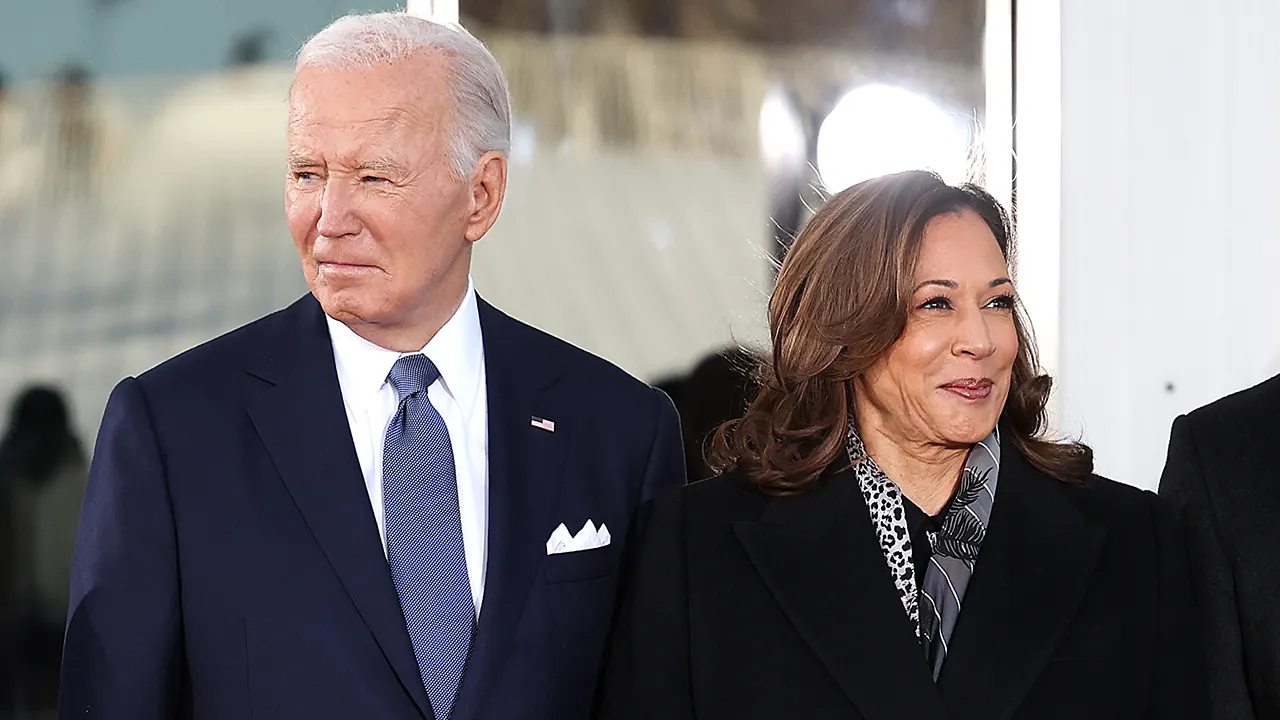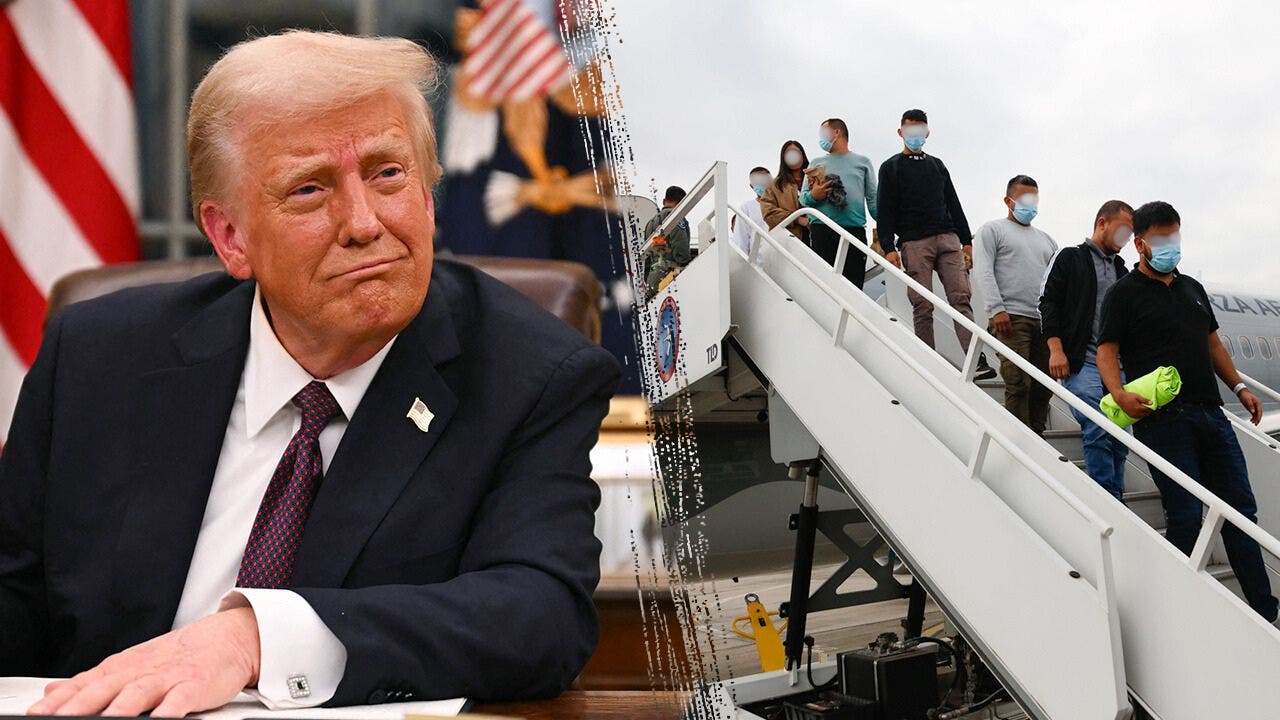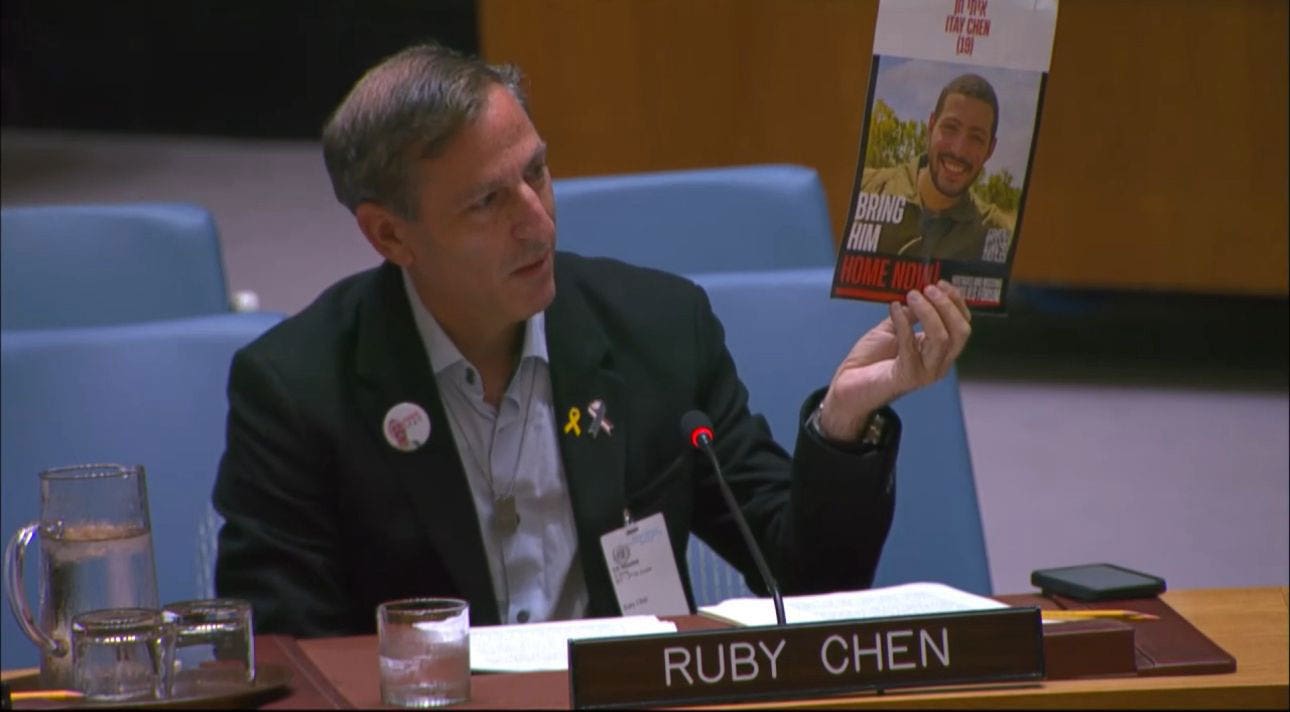The latest back-and-forth on a nuclear deal between the United States and Iran hinges on enrichment, and the question may put nails in the coffin of any new agreement.
White House envoy Steve Witkoff said Sunday, after weeks of mixed messages, that no future accord can allow Iran the right to enrich uranium.
“We have one very, very clear red line, and that is enrichment,” Witkoff told ABC This Week’s Jonathan Karl. “We cannot allow even 1 percent of an enrichment capability.”
Iranian supreme leader Ayatollah Ali Khamenei on Tuesday denounced Witkoff’s remarks, describing calls for the Islamic Republic to give up enrichment entirely as “nonsense.”
Before Witkoff’s interview, Iranian leaders indicated that they were willing to accept a deal eliminating the country’s highly enriched uranium (HEU) stockpiles, which grew substantially during the Biden administration and brought Tehran within a hair’s breadth of an atomic bomb.
That particular agreement, according to negotiator Ali Shamkhani, would have Iran exporting its reserves of uranium enriched to around 60 percent, the level generally understood to be necessary for a bomb. In return, the United States would lift its sanctions and grant Iran the right to enrich uranium at lower levels.
Though President Donald Trump said earlier in May that he would only accept “full dismantlement” of Iran’s nuclear program, he appeared amenable to Shamkhani’s framework. Trump announced a day after the Iranian negotiator’s public offer that the two sides had “sort of” agreed.
Trump revealed during his tour through the Middle East last week that the United States presented Iran with “a proposal,” though he did not disclose whether the offer on the table would allow the Islamic Republic to continue enriching uranium.
“Most importantly, they know they have to move quickly, or something bad is going to happen,” he said.
For Jason Brodsky, policy director at United Against a Nuclear Iran, Shamkhani “was offering nothing more than the terms of the JCPOA, which President Trump rightfully repudiated in 2018.”
“NBC hyped up Shamkhani’s comments to make it appear as if this was some grand or significant concession that was out of the ordinary when it was not,” Brodsky told the Washington Free Beacon.
Despite Witkoff’s assurance that no deal can allow Iran to continue enriching uranium, former Trump administration officials and nonproliferation experts still worry that the president could be swayed into conceding the issue and signing a deal almost identical to the original 2015 accord.
“In a bad deal, which seems quite possible, they export all [highly enriched uranium] and don’t make more, but keep all their centrifuges in place,” said Elliott Abrams, who served as Trump’s Iran envoy during his first term in office. “To me, this means they can restart producing HEU at any time. They don’t just have the know-how but also all the equipment in place for the day they kick out the [International Atomic Energy Agency] and start again.”
In that case, Abrams added, the United States would have “lifted all sanctions and enriched the regime vastly in exchange for pushing them a few weeks further away from having enough HEU for a bomb. And even that assumes they don’t cheat, while history tells us they always do.”
David Albright, founder and president of the Institute for Science and International Security, concurred, arguing that an Iranian move to export its highly enriched uranium “is not much of a concession.” Even if Tehran did so, it would still be able to operate its centrifuges, the equipment needed to enrich uranium. With that technology, the Islamic Republic could decide at any time to produce more of the materials necessary for a nuclear bomb.
Under these conditions, Albright said, Iran’s “breakout times” for a nuclear bomb “barely shift.”
“[Iran] could produce enough [weapons-grade uranium] for four weapons in two months, Albright told the Free Beacon. “These breakout timelines are unacceptable and result from Iran keeping all its installed centrifuges. Iran wants the world to focus on stocks and ignore the centrifuges.”
The vast majority of Republican lawmakers have signaled their opposition to any deal that allows Iran to continue its enrichment program. Fifty-two GOP senators and 177 House Republicans signed a letter to Trump last week saying as much.
Andrea Stricker, a nonproliferation analyst at the Foundation for Defense of Democracies, said it is critical for the Trump administration to hold firm “on the demand that Iran dismantle its uranium enrichment program.”
“More than 200 Republican lawmakers just threw their support behind this,” she said. “President Trump is posing a stark choice to Tehran: disarm or pay the price.”
Should Iran continue to dig in its heels, Stricker said, it will be “throwing away a lifeline from the Trump administration in order to retain enrichment. Without a deal, Tehran will face turbo-charged U.S. maximum pressure sanctions, including rock bottom oil exports.”
It remains to be seen whether either side will cave on the enrichment question after four rounds of negotiations. Meetings are expected to resume in Rome this weekend, but neither side has confirmed its participation as of Tuesday.
Read the full article here









